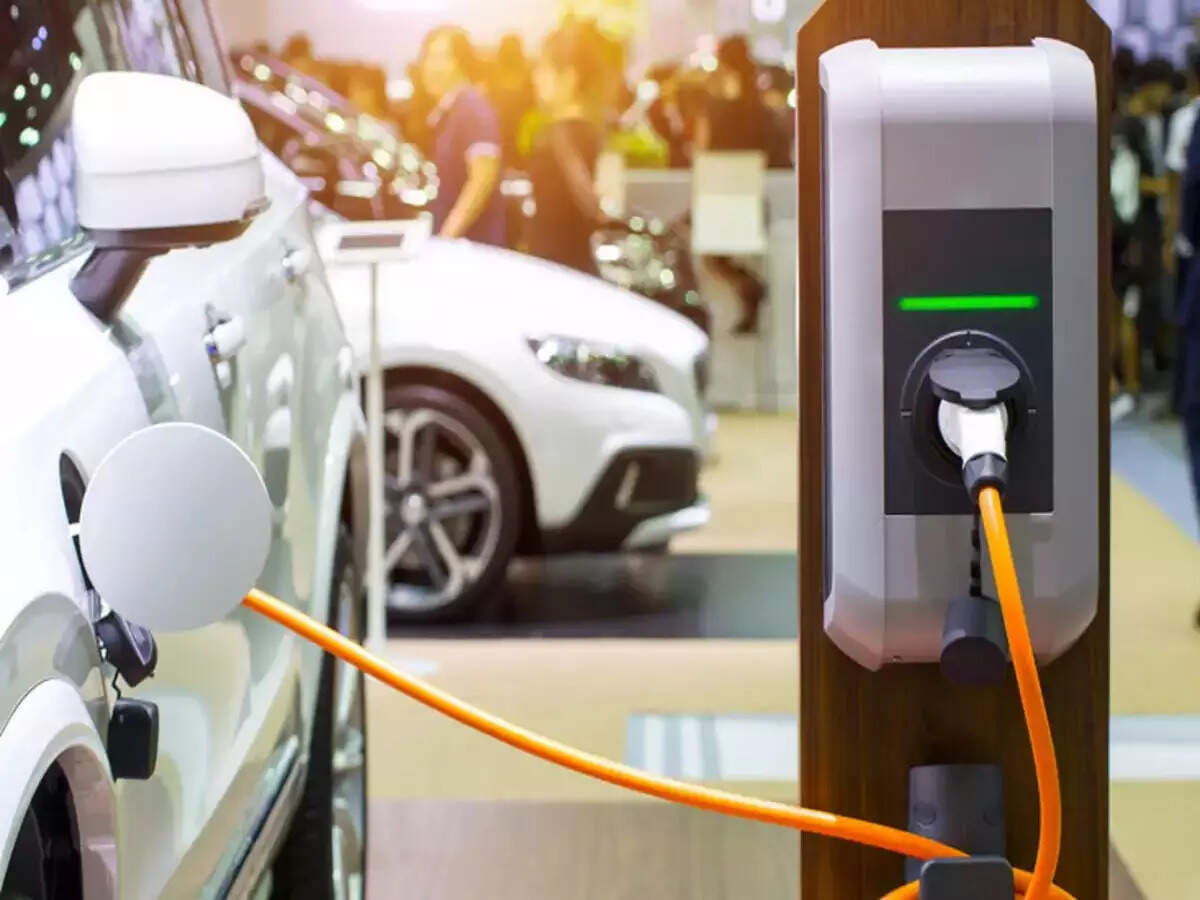
Nagpur: Maharashtra is among the top five states with the most comprehensive Electric Vehicle (EV) policy designs, covering 15 of the 21 parameters assessed in a recent study. It is also among the nine states with the strongest demand side incentives, reveals the study.
Titled ‘Analysis of State Electric Vehicle Policies And Their Impact’, the study by Climate Trends assessed the comprehensiveness of state EV policies based on 21 parameters that cover targets and budget allocations, demand side and manufacturing incentives, focus on fleet electrification, charging infrastructure mandates and job creation.
Of the 36 states and Union territories in the country, 26 have released EV policies over the last 5 years, with 16 of them being released between 2020 and 2022. “Eight states had released their policies before October 2020 but none of them are on track to meet their targets,” the study stated. These states include Andhra Pradesh, Bihar, Karnataka, Kerala, Madhya Pradesh, Tamil Nadu, Telangana and Delhi.
The study further found that EV penetration continues to be below target. “Madhya Pradesh aims for 25 percent of all new registered vehicles to be electric by 2026, but its current penetration stands at 2.2 percent of total vehicle sales since policy launch. Delhi’s EV penetration stands at 7.2 percent against its target of 25 percent by 2024. Tamil Nadu has no defined target, but EV penetration is a mere 2.02 percent of registered vehicles,” it added.
Experts said states need to reassess their policy designs to make them more comprehensive and well balanced for the growth of EV sales and its overall ecosystem. “With e-mobility expansion placed as one of the key pillars in achieving faster decarbonisation across the country, the success of state EV policies is both significant for India’s carbon reduction goals,” said Aarti Khosla, Director, Climate Trends.
Khosla added it is a good sign that the majority of Indian states have EV policies, however a successful transition to zero emission transport depends on the effectiveness of their design and implementation. It also depends on having a national transport electrification target, which currently doesn’t exist in India.
“Our study shows that few state policies have comprehensive designs which balance EV sales, manufacturing and overall ecosystem growth. There are gaps in implementation, leading to slower on-ground impact, which need to be addressed through better regulation, improved monitoring, mechanisms and capacity building of stakeholders across the policy value chain,” Khosla said.
Highlighting that about 25 states/UTs have notified their EV policies while another 4-5 policies are in the draft stage, Pawan Mulukutla, director of Integrated Transport, Electric Mobility and Hydrogen at World Resources India (WRI) said, “Clearly, there is a strong appetite for change at the state level. The critical need now is effective design and implementation of these policies that take into account the specific and unique characteristics of each state. We also need replicable models that can be modified by states to suit their requirements and scale adoption.”
Also Read:
